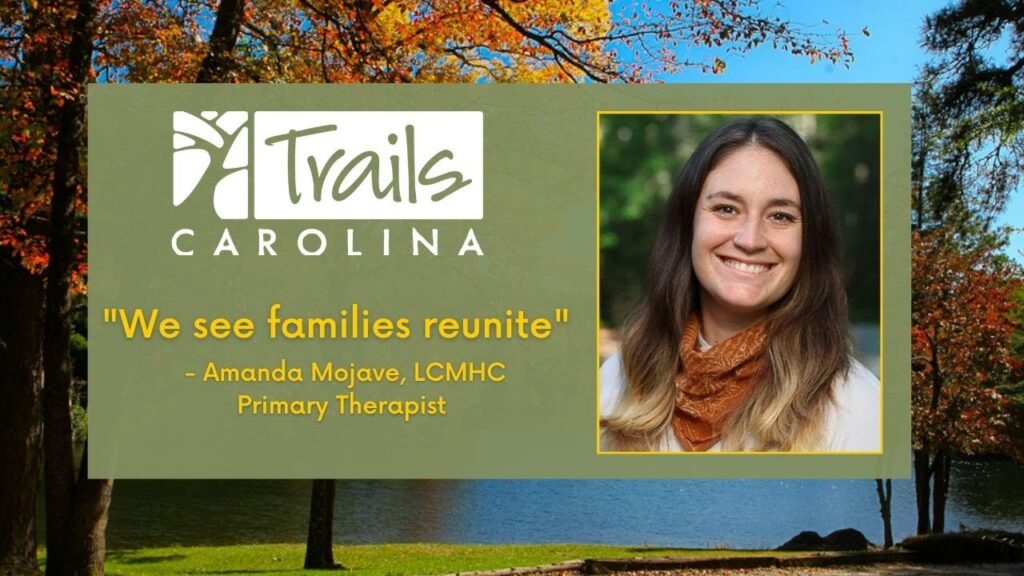Trails Carolina is a hope for adolescents struggling with emotional and behavioral challenges. Nestled in the breathtaking wilderness of North Carolina, this therapeutic wilderness program offers a unique blend of adventure, therapy, and personal development. In this article, we delve into the transformative journey that Trails Carolina provides for young individuals seeking healing and growth.
Understanding Trails Carolina
Trails Carolina isn’t just a wilderness program; it’s a holistic approach to healing. Founded on the belief that nature has a profound impact on personal development, Trails Carolina combines outdoor adventure with evidence-based therapy to address a wide range of issues, including depression, anxiety, substance abuse, and trauma. Through a carefully crafted blend of experiential learning, individual therapy, group therapy, and family involvement, Trails Carolina guides adolescents toward positive change and lasting recovery.
The Wilderness Experience
The wilderness serves as both a classroom and a therapist at Trails Carolina. Participants embark on immersive outdoor expeditions, learning essential survival skills, building self-reliance, and developing a deeper connection with nature. Away from the distractions of modern life, students are encouraged to confront their inner struggles, challenge their limitations, and discover their strengths. Whether hiking through rugged terrain, setting up camp under the stars, or navigating whitewater rapids, every wilderness experience catalyzes personal growth.
Therapeutic Approach
Central to the success of Trails Carolina is its therapeutic approach, which integrates various modalities to address the complex needs of each individual. Licensed therapists provide:
- Personalized treatment plans.
- Drawing from techniques such as cognitive-behavioral therapy.
- Dialectical behavior therapy.
- Experiential therapy.
Group therapy sessions foster peer support and interpersonal skills, while family workshops strengthen familial bonds and promote healthy communication. Through this comprehensive approach, participants gain insight into their behaviors, develop coping strategies, and cultivate resilience for the journey ahead.
Academic Support
Education remains a priority at Trails Carolina, even amidst the wilderness setting. Accredited teachers ensure students stay on track with their academics, providing individualized instruction and support. Whether through outdoor classrooms, field-based lessons, or independent study, students can continue their education while participating in the program. By maintaining academic progress, Trails Carolina empowers students to envision a brighter future beyond their challenges.
Transition and Aftercare
As participants near the end of their journey at Trails Carolina, the focus shifts toward transition and aftercare planning. Therapists work closely with families to create a roadmap for continued success beyond the wilderness. Whether returning home, transitioning to a therapeutic boarding school, or enrolling in a residential treatment program, each step is carefully considered to ensure ongoing support and stability. Alum services provide graduates with a valuable network of resources and community as they navigate life’s challenges post-program.
Success Stories
The impact of Trails Carolina extends far beyond the wilderness, as evidenced by the countless success stories of its alums. Former participants often speak of newfound confidence, improved relationships, and a renewed sense of purpose. By facing their struggles head-on and embracing the growth opportunities, these individuals have emerged stronger and more resilient. Their journeys serve as inspiration for others embarking on the path to healing.
Conclusion
Trails Carolina continues to pave the way for transformative experiences in the wilderness, offering hope and healing to adolescents and their families. Through adventure, therapy, and education, this innovative program equips young individuals with the tools they need to overcome challenges and thrive. As the journey unfolds amidst the stunning backdrop of North Carolina’s wilderness, participants discover their inner strength, forge lasting connections, and embark on a brighter future.
Frequently Asked Questions (FAQs) about Trails Carolina
Q1: How long is the program at Trails Carolina?
The program’s duration varies depending on each participant’s individual needs. Typically, programs at Trails Carolina range from 8 to 12 weeks, with the option for extended stays if necessary.
Q2: What activities are included in the program?
Trails Carolina offers a wide range of outdoor activities designed to promote personal growth and self-discovery. These activities may include hiking, camping, rock climbing, wilderness survival skills, therapeutic challenges, and group therapy sessions.
Q3: What therapeutic approaches are used at Trails Carolina?
Trails Carolina employs a holistic therapeutic approach that combines evidence-based practices such as cognitive-behavioral therapy, dialectical behavior therapy, and experiential therapy. Individual therapy, group therapy, and family therapy are integral components of the program.
Q4: Is academic support provided at Trails Carolina?
Yes, Trails Carolina recognizes the importance of education and provides academic support to ensure that participants can continue their studies in the program. Accredited teachers offer personalized instruction and assistance to help students stay on track with their academics.
Q5: How are families involved in the program?
Family involvement is essential to the success of Trails Carolina. The program offers family workshops, therapy sessions, and regular communication between therapists and parents to support the entire family system throughout the healing process.
